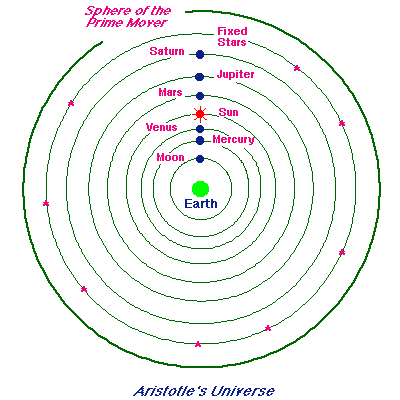The Free Market Center
The Free Market Center
The fallacy of equivocation involves shifting the meanings or the usage of a key word somewhere between the premises and the conclusion. Returning to the example at the beginning of this chapter concerning the engineer's wife who knew that it was three hours earlier in Los Angeles, we can see that the innocent fallacy derives from shifting the meaning of the word "time," which actually never appeared in the conversation. The man's concept of the other person hearing his voice before his colleague did involve the idea of sequential events. His wife introduced a different unspoken definition of time as a matter of the position of the hands on the clock and the difference between clocks in New York and those in Los Angeles. In a similar vein, I once attended a lecture entitled "Scientific Proof of Reincarnation." When the speaker offered to prove that reincarnation actually took place, using Newton's three laws of physics, I was eager to hear. Having been educated as a physicist, I felt well equipped to understand such an eminently logical approach. However, after the speaker summarized Newton's three laws, which deal with physical forces and the motions of bodies acted upon by those forces, he proceeded to employ the terms force and energy in a very loose, nonphysical sense. He referred to energy fields and force fields that presumably exist but cannot be measured, and he used the term force in a highly metaphoric sense. While I still find the hypothesis of reincarnation interesting, his technique of equivocation-shifting the meaning of the two crucial words-did not advance the case one inch toward a logical proof of the hypothesis.
Parent Topics:
I want to build a list of logical errors
I have a list of logical errors, but I'm always looking for more. I will post them as I get them ready.

Even Aristotle made errors in logic.
Adapted from Albrecht, Karl. Brain Power. New York: Simon & Schuster, 1980.
© 2010—2020 The Free Market Center & James B. Berger. All rights reserved.
To contact Jim Berger, e-mail: